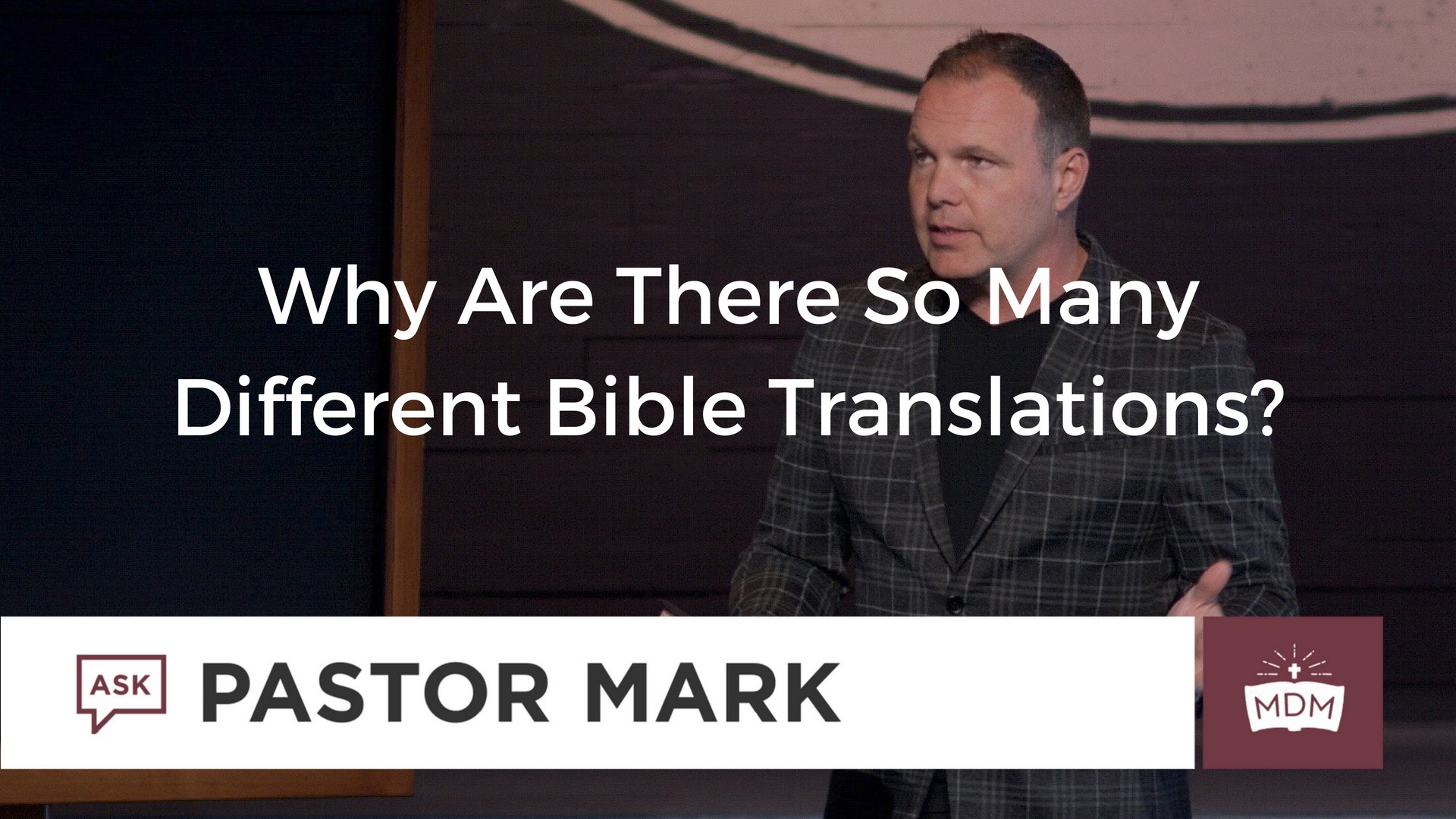What does the Bible say about creation?
The first book of the Bible, Genesis, takes its name from its first words, “In the beginning,” as genesis means “beginning.” The book of Genesis in general, Genesis 1 to 3 in particular, records the beginning of creation and human history. Moses penned Genesis in roughly 1400 BC as the first of a five-part book … Read more

